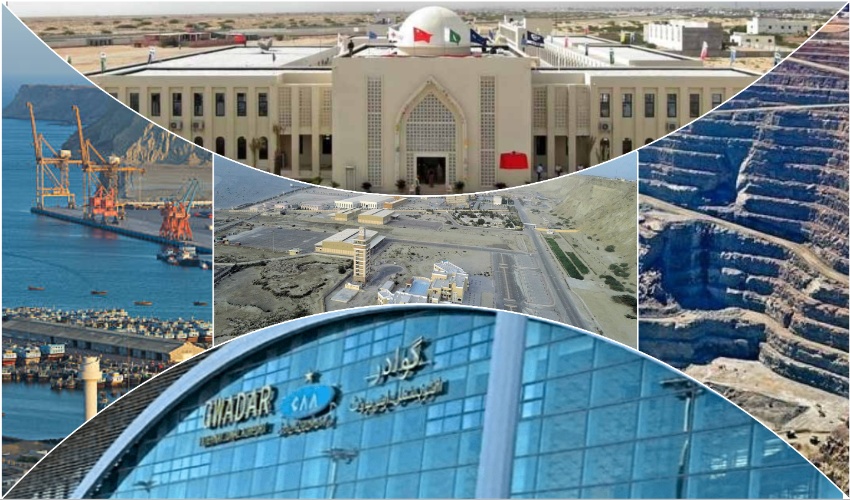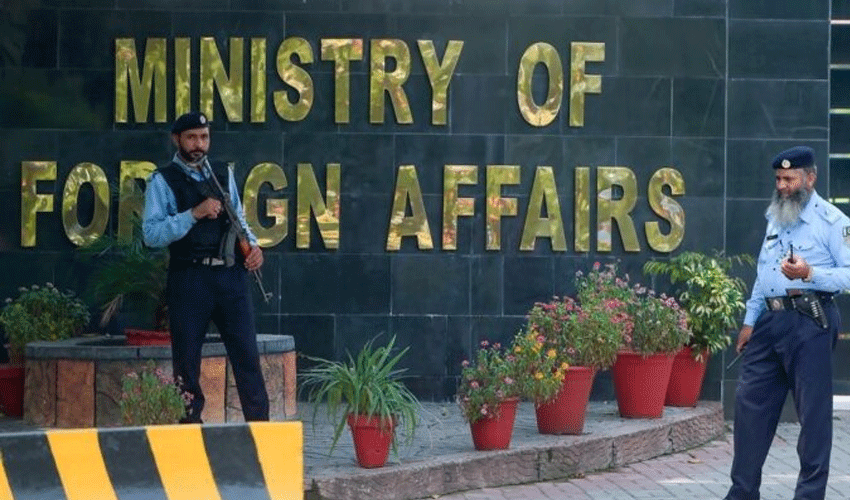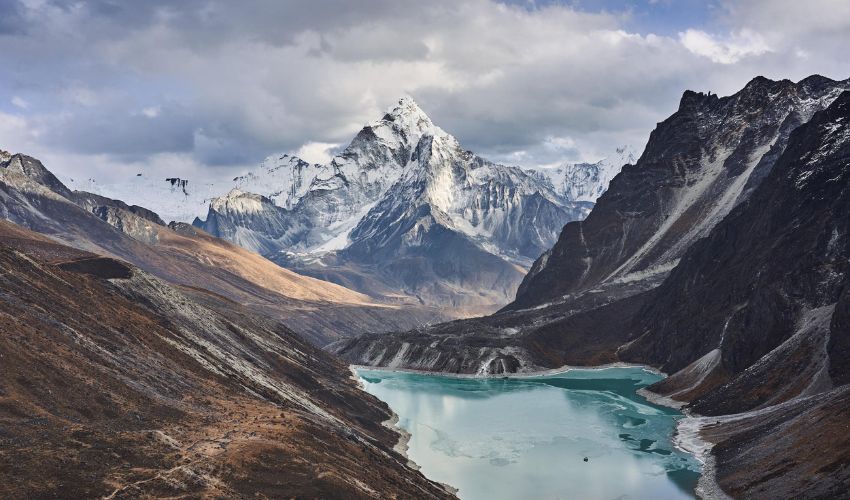The United Nations had issued two flash appeals to aid flood victims in Pakistan during floods in 2022, requesting a total of $860 million. However, international pledges have fallen drastically short, with commitments barely reaching $100 million.
This dire funding gap underscores the urgent need for climate justice, particularly for countries like Pakistan that bear the brunt of climate change despite minimal contributions to global carbon emissions.
Pakistan's recent weather extremes serve as a stark warning of the broader consequences of a warming world. This year, the country experienced unprecedented heatwaves, forest fires, glacier melting, and devastating monsoon rains.
For instance, Jacobabad in Sindh was the hottest place on earth in April and May, with temperatures exceeding 53°C (127.4°F), and by August, it was submerged in floodwaters. These extreme weather events have affected 33 million people, equivalent to the combined populations of the Netherlands, Belgium, and Denmark.
Despite the severity of these floods, the international community's response has been tepid. This lack of urgency can be attributed to several factors, including the global 'Triple C' crisis (conflict, climate change, and COVID-19), which has led to economic stagnation and inflation in many countries. Additionally, geopolitical tensions and economic priorities, such as those surrounding the Ukraine conflict, have further diverted attention and resources.
While external support is crucial, it is also important to acknowledge and address Pakistan's internal vulnerabilities. The exacerbation of flood impacts can be linked to inadequate land use planning, poor infrastructure maintenance, governance issues, and socio-economic disparities. These internal challenges have contributed to the international community's reluctance to fully commit to aid.
Pakistan's policy environment for international non-governmental organizations (INGOs) has also played a role. The government's decision in 2014-15 to create a hostile environment for INGOs led to the exit of many credible humanitarian organizations, limiting channels through which international aid could be effectively delivered.
Case for climate justice
Despite these internal issues, the industrialized countries of the Global North bear significant responsibility for the climate crisis. Climate scientists have established that excessive carbon emissions from these countries have caused severe climate impacts in the Global South. According to the World Weather Attribution Organization (WWAO), climate change has intensified rainfall in Pakistan, making such extreme weather events more likely.
Nobel Laureate Jeffrey Sachs argues that even if only half of Pakistan's flood losses are attributed to climate change, the Global North should bear its fair share of the costs for climate adaptation and recovery. This responsibility is not a matter of charity but of climate justice, as Pakistan contributes only 0.4% to global carbon emissions.
Currently, there is no effective international mechanism for countries like Pakistan to seek compensation from the world's largest polluters. Despite the lack of such mechanisms, developed countries have made commitments to mobilize funds for climate change mitigation and adaptation, which remain largely unmet.
Moving forward
- Domestic Strategies
District-level rehabilitation plan
The government should develop detailed plans for flood rehabilitation at the district level, engaging the corporate sector to mobilize funds and operationalizing these plans through local communities. This grassroots approach can leverage the resilience of Pakistanis, who have historically managed such crises through self-help.
Improving infrastructure and planning
Strengthening infrastructure and revising land use planning to reduce future flood risks is crucial. This includes building better flood defenses and ensuring that human settlements are not in vulnerable flood plains.
Governance and socio-economic reforms
Addressing chronic governance issues and socio-economic disparities will help build a more resilient society. This includes improving poverty alleviation programs, healthcare, and education, which are vital for reducing vulnerabilities.
International Strategies
Advocating for climate justice
As the chair of G-77 at the forthcoming COP27, Pakistan must lead the charge for climate justice. This includes demanding the fulfillment of commitments made by developed countries for financing climate mitigation and adaptation.
Loss and damage mechanism
Pushing for the implementation of the loss and damage mechanism outlined in Article 8 of the Paris Agreement is critical. This mechanism would provide a framework for countries affected by climate change to seek compensation from major polluters.
Mobilising green climate funds
Ensuring that the promised green climate funds are mobilized and effectively utilized is essential. This requires international collaboration and accountability to ensure that developing countries receive the support they need.
Achieving climate justice for Pakistan involves both national efforts to build resilience and international advocacy to hold major polluters accountable. The government must take proactive steps to address internal vulnerabilities while simultaneously pushing for global commitments to climate financing. This dual approach is crucial for ensuring that Pakistan can navigate the challenges of a warming world and secure a sustainable future for its people.


























